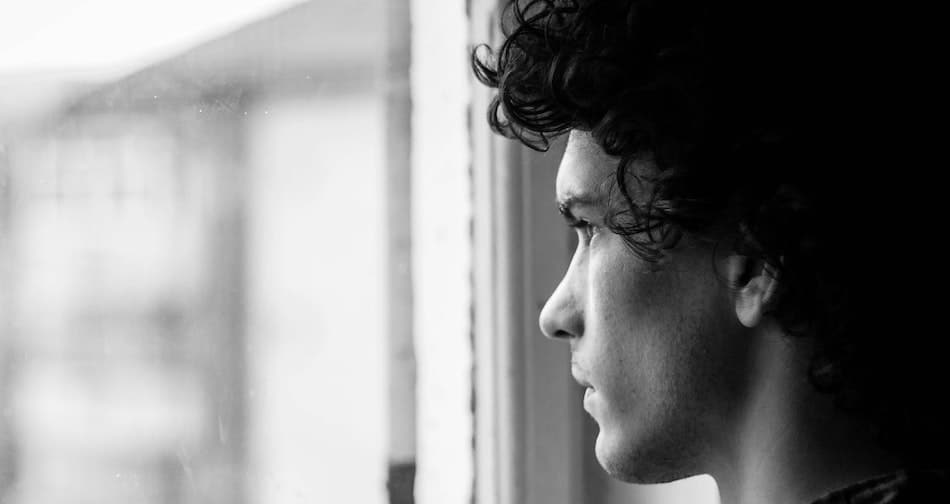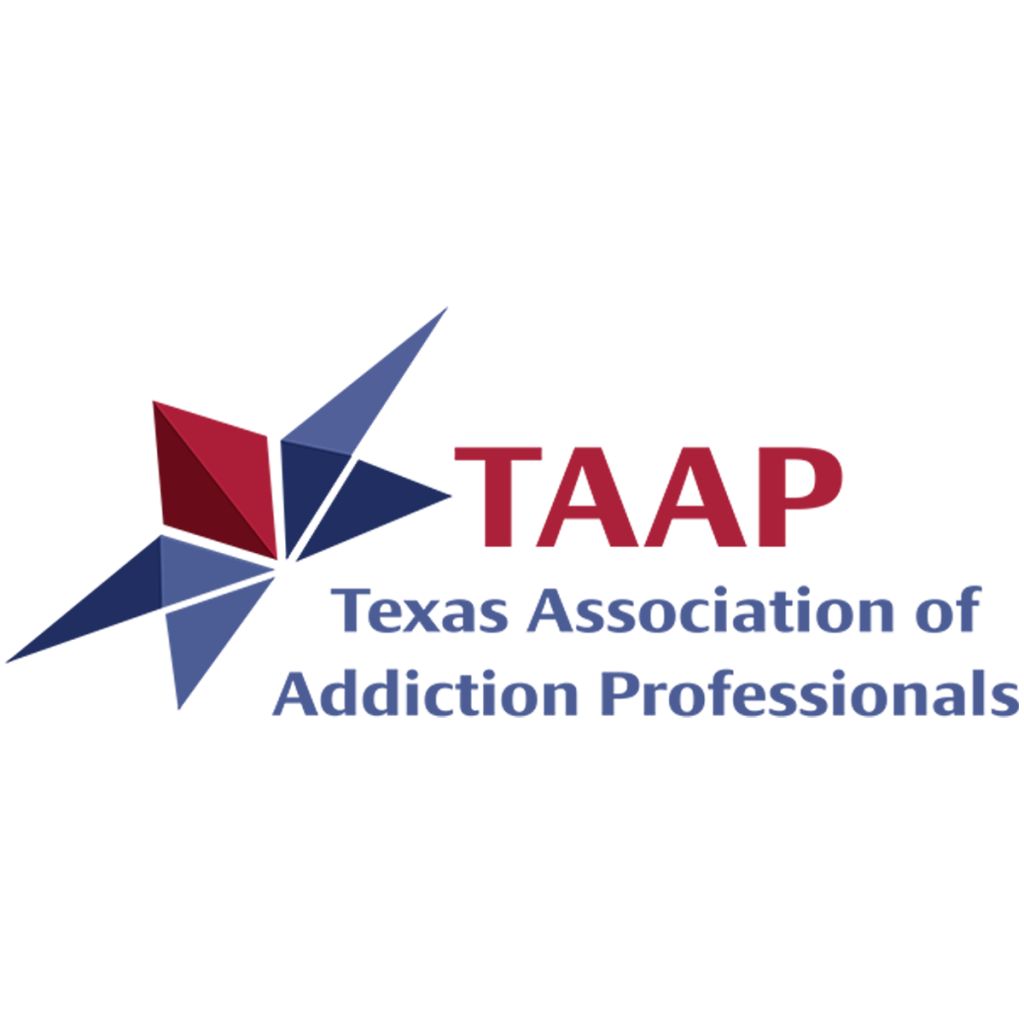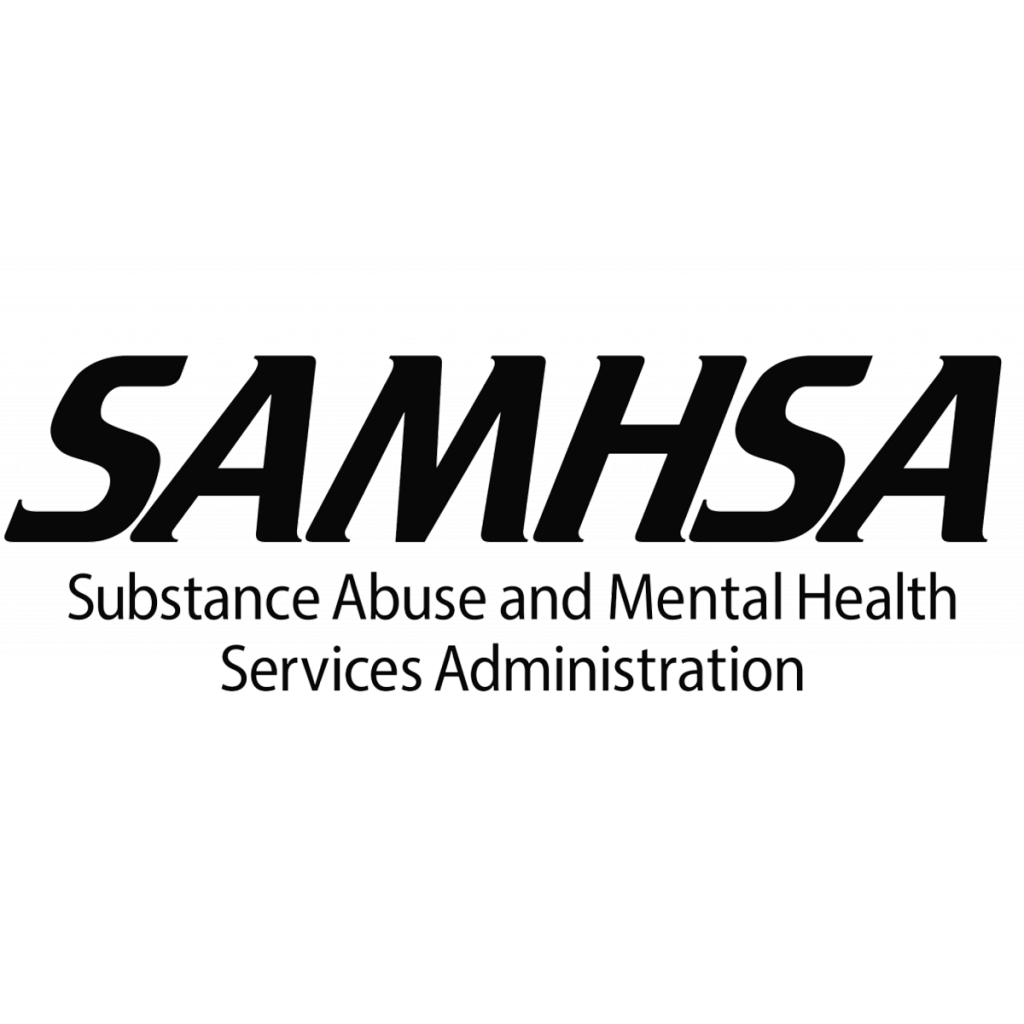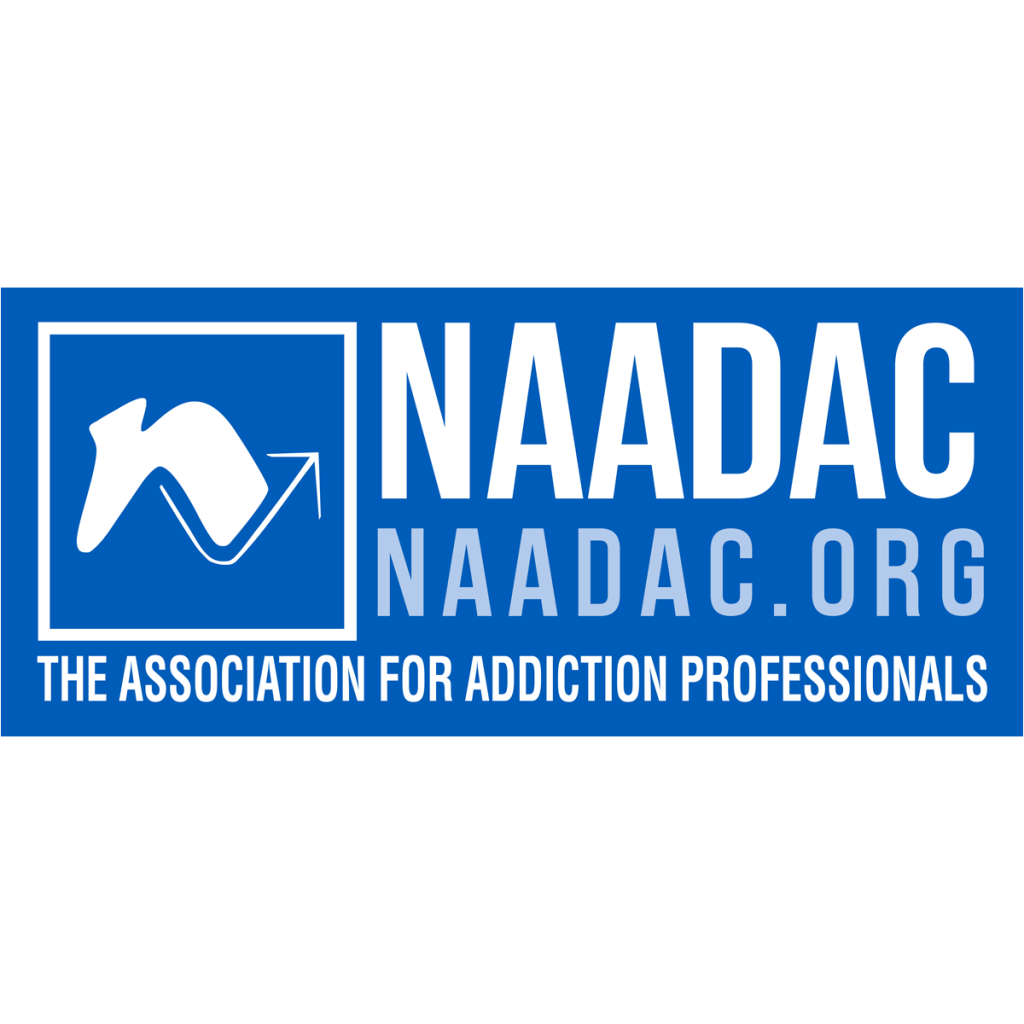Table of contents
The holiday season can be very stressful for some people, especially those in recovery. Due to the impact of several different holiday addiction triggers, this time of year can pose a risk for relapse, especially when people in recovery lack support.
If you or a loved one is recovering from addiction, you can reduce the risk of relapse by acknowledging the triggers, finding healthy ways to cope, and seeking out additional support. But first, here are nine of the most common holiday addiction triggers to be wary of.
Related post: Holiday Lapse: How to Avoid Relapse and Bounce Back From a Slip
Holiday parties and events
Holiday festivities are a big part of what makes the holiday season so fun. However, these events often feature alcohol as a main event, making them difficult for newly sober people to enjoy. People in recovery may find themselves uncomfortable at a party where friends and family are binge drinking or they may struggle with feelings of isolation, knowing that they likely would have been drinking if they hadn’t gotten sober.
If you’re facing a holiday schedule full of parties and events, just remember that you don’t have to attend any of them. It’s not your job to make sure everyone has a perfect Christmas, despite what you may feel due to loved ones’ and friends’ expectations. Your health and sobriety is more important than making other people happy by attending every event you’re invited to.
Stressful family dynamics
Family visits can also be a source of anxiety, whether you’re in recovery or not. During the holidays, families tend to gather together more often and you may see several relatives you don’t see often. As such, it’s normal for them to ask what you’ve been up to lately, which could prompt awkward conversations about your addiction treatment and recovery. Whether you’re ready to share that part of your life or not, this can make getting together with family stressful.
Additionally, if you have toxic relatives that manipulate, make you feel uncomfortable, lack empathy, or confuse you with their behavior, attending gatherings with them may produce feelings of anxiety that contribute to cravings and holiday depression.
Busy schedules
The holidays are busy, so sometimes it can be difficult to make time for daily meditation, journaling, AA meetings, exercising, and other things that keep you grounded in your recovery. As a result, you might end up feeling drained and stressed.
Major changes to your normal routine and schedule is a common trigger for relapse. Therefore, it’s important to attend as many recovery meetings as you can during this time and spend time with family and friends who are supportive of your recovery.
Traveling
Traveling during the holiday season can be very challenging. Not only are airports, highways, and train stations bustling with people 24/7, but ticket prices also tend to be much higher, making travel more financially stressful, especially if you have to purchase a last-minute ticket. Frequent travel can also disrupt your work and recovery meeting attendance, which can be a major source of stress.
To reduce stress, consider making holiday travel plans in advance or opting out of last-minute plans that involve a lot of traveling. Although it can be difficult to be apart from loved ones during the holiday season, maintaining your sobriety is what’s most important right now.
Holiday shopping
During the holiday season, people often feel pressured to buy expensive gifts or host extravagant events and parties. All the gifts, extra bills, and hustle and bustle of crowded shops can cause a lot of stress and anxiety. Not to mention, the extra financial burden of the holidays can also make you more vulnerable to relapse.
It’s a good idea to set a strict budget for yourself and plan ahead before the holiday season arrives so you don’t find yourself in a pinch. Also try to remember that the holidays aren’t all about gifts. They are about practicing gratitude, thankfulness, generosity (in other ways than just giving gifts), and spending quality time with loved ones.
Family traditions involving alcohol
Some family events and traditions revolve around drinking alcohol, such as parties featuring lots of festive alcoholic drinks or drinking games that the whole family participates in. During the holidays, people tend to overindulge too, which can lead to binge drinking.
If your family tends to uphold these types of traditions every year, you may want to talk to them about your recovery and see if you can create new traditions with them that don’t involve alcohol. Otherwise, it may be best to opt out of certain events, but that decision is up to you.
Pressure to be perfect
During the holidays, you’re more likely to feel pressure from family members and friends to be perfect. For example, you may feel like you need to give the perfect gift, host the perfect event, or that your life needs to meet certain expectations that your parents have. Trying to live up to those expectations is impossible and will only produce feelings of guilt and depression.
No one is perfect, including you! It’s okay to be honest with family about your struggle with addiction and to open up about your recovery and treatment experience if you want to. It’s also okay to not be able to do everything. Just like everyone else, you are a work in progress, and what matters is that you keep moving forward in your recovery and focus on taking one day at a time.
Reminiscing about past holidays
Reminiscing about past holidays can dredge up intense emotions of loneliness, grief, and depression, particularly for those who have lost a loved one or are separated from family during the holiday season. Alternatively, people recovering from addiction may glamourize past holidays they spent drinking or using drugs with buddies, leading to unintentional rationalizing or relapse.
Instead of focusing on what was, consider reframing your mindset to prioritize what is and what is to come. Now that you’re sober, you have so many holidays to look forward to that won’t be tainted by alcohol or drug abuse. You’ll have the opportunity to enjoy the festivities with a clear mind and a healthy body, fully able to engage with family members and friends.
Although the holiday blues can be difficult to handle in recovery, you can get help from your therapist, counselor, or addiction treatment provider to learn how to manage your symptoms and find support.
Related Post: How Should Families Deal With Addiction During the Holidays?
Get support to manage holiday addiction triggers
Just because the holidays are stressful, doesn’t mean relapse is inevitable. There are many steps you can take to stay healthy, reduce the risk of relapse and overdose, and maintain your sobriety over the holidays. Here are a few suggestions to help you manage the stress of the holiday season and stay sober:
- Stay mindful of how you’re feeling. Be mindful of the stress and anxiety you’re feeling, especially when it comes to relationships. If you aren’t already, work with a counselor or therapist to identify your most challenging triggers and establish strategies to manage them. Working with a professional can help you feel more prepared to deal with triggers when you’re encountered with them.
- Establish firm boundaries for yourself. Setting firm boundaries for yourself will help you stay accountable to your sobriety and also establish clear communication with your loved ones and friends. For example, set rules like leaving events early if you start feeling overwhelmed. Or, limit your travel and engagement plans if you know these things will stress you out.
- Seek out support. If you start to feel insecure in your recovery, it’s important to seek out support right away. Feeling stressed, anxious, or depressed during the holiday season isn’t uncommon, but your recovery can be seriously affected if you don’t do anything about it. Sobriety has to be your top priority regardless of what’s going on around you, so don’t feel like you’ve failed if you need additional support. Everyone struggles and you are a work in progress.
- Start your own traditions. If this is your first holiday season sober, it might feel strange and unnatural without drugs or alcohol. However, your first year sober is a great opportunity to create something new and beautiful that you can look forward to every year. Consider creating new traditions for yourself and your immediate family so you can find different ways to enjoy the holidays and each other’s company.
- Stay accountable to sober peers. Accountability is a key aspect of sobriety, but it’s especially important during the holidays. If you plan to attend any holiday events or gatherings, consider bringing a sober support person with you. Talk with your AA or NA sponsor regularly and keep attending support group meetings like you normally would.
- Go to treatment if you need to. If you’re newly sober or you’ve recently relapsed, you may not feel ready to take on the holidays without additional help. Fortunately, the holidays are a great time to go to rehab and get help for your addiction. You don’t have to fight this battle alone. Help is available no matter what time of year it is.
At Nova Recovery Center, we provide individualized drug and alcohol rehab Austin for men, women, and LGBTQ+ individuals. Our holistic program will help you address the underlying causes of your addiction, make positive behavioral changes, and learn how to establish and maintain healthy relationships that don’t involve drug or alcohol abuse.
If you need help to get sober this holiday season, please contact us online or call (888) 427-4932 today to get started.
Call Us Now and Begin Healing at (512) 605-2955
Or text us and we will call you right back.
Not quite ready for a call? You can fill out the form below.
What Makes Us Different
- Gender-specific treatment
- Evidenced-based treatment
- 12-Step immersion
- 90-day residential treatment
- Family program
- Full continuum of care
- Insurance and private pay
100% Confidential Guarantee
Confidential Consultation
Nova Recovery Center is dedicated to helping you or your loved one get help. Please call or fill out this form for a confidential consultation.
One of our understanding, dedicated advisors will contact you about your options. Begin healing today.
Nova Recovery Center is dedicated to helping you or your loved one get help. Please call or fill out this form for a confidential consultation. One of our understanding, dedicated advisors will contact you about your options. Begin healing today.


